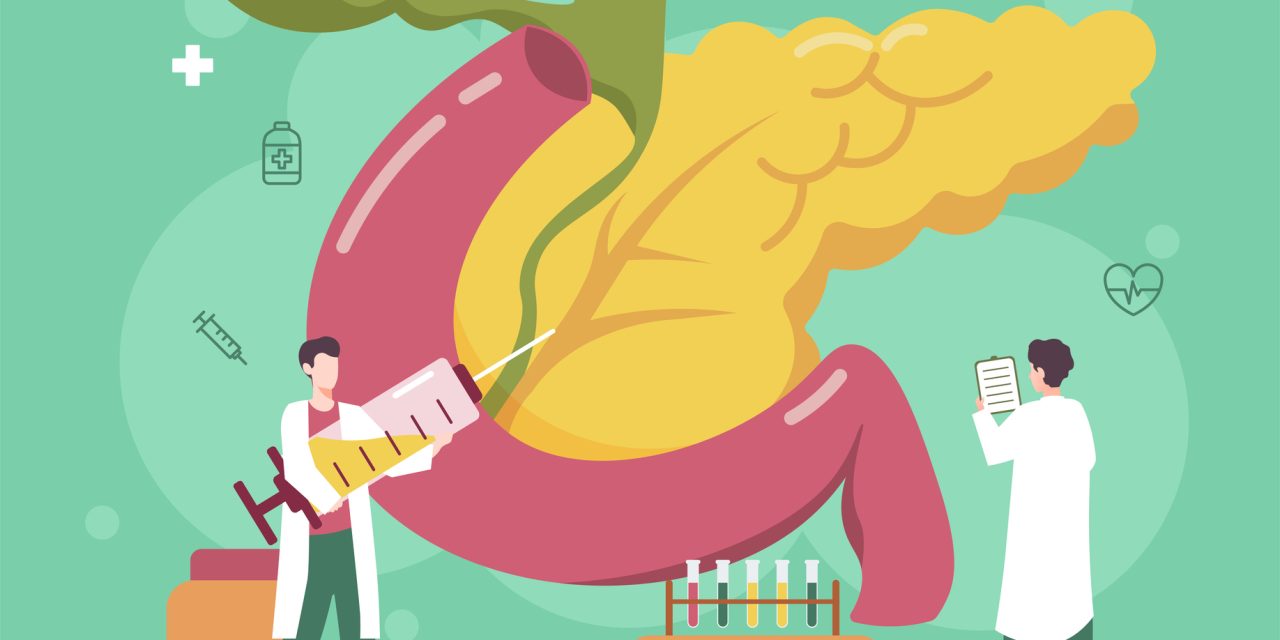Male hypogonadism is associated with higher risk of co-morbidity and premature mortality. It is therefore of utmost importance to identify young men, who are at highest risk of testosterone deficiency and who may benefit from preventive measures. In this context, infertile men constitute a high-risk group. The extent of testosterone replacement therapy (TRT) among infertile men, defined as men who have to undergo assisted reproduction for fatherhood, is currently unknown. Therefore, we evaluated the pattern of prescription of TRT in the years following child conception among men who have fathered children with the help of intracytoplasmic sperm injection (ICSI) or in vitro fertilization (IVF). By sourcing data from national population registries, hazard ratio (HR) for subsequent TRT was assessed for IVF and ICSI treated men and compared to those who conceived spontaneously with age Cox regression analysis adjusted for age, educational level and previous intake of medicines for metabolic diseases. ICSI and IVF fathers had increased incidence of newly prescribed TRT compared to fathers conceiving spontaneously (ICSI: HR=3.81, 95% CI=3.09-4.69, p<0.001; IVF: HR=1.54, 95% CI=1.15-2.05, p=0.003). After adjustment for prescription of medication for one or more components of the MetS prior to TRT the risk estimates attenuated but remained robust both for ICSI treated (HR = 3.17 (95% CI:2.56 - 3.9) and IVF treated men (HR = 1.06 (95%CI: 1.05 - 1.07). Men who have to utilise powerful techniques, such as ICSI for fathering children, may be at risk for testosterone deficiency. Routine endocrine evaluation of men seeking fertility treatment is hence warranted.
Testosterone Replacement Therapy in Men who Conceived with Intracytoplasmic Sperm Injection – Nationwide Register Study.


